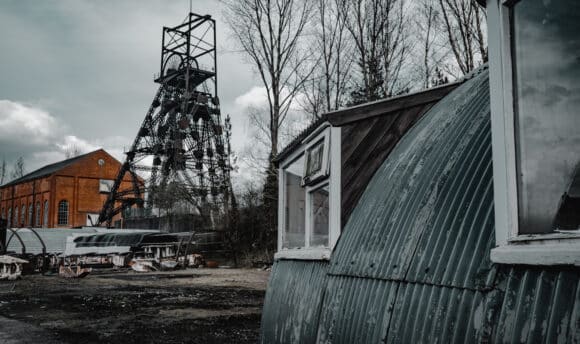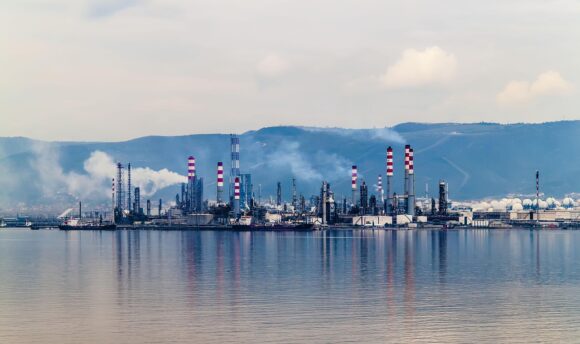Insurance companies are getting hammered by this year’s super storms. Many of them are withdrawing from coastal areas in response to climate change – but continue to underwrite fossil fuels. Here are 10 things you should know about insurers and climate change.
- Insurance companies, which insure properties against weather hazards, were among the first major actors to warn about the risks of climate change. Munich Re, the world’s biggest reinsurance company, has warned about climate risks since 1973. Even today, insurers employ some of the world’s leading climate science teams.
- The number of climate-related disasters – floods, droughts, wind storms, heat waves and wildfires – has tripled since the early 1980s to about 700 per year. During the same period the costs of extreme weather events have quadrupled to about $120 billion per year (in constant dollars) – a level which has already been surpassed in 2017.
- Most damages of extreme weather events are borne by people who cannot afford insurance – and have not contributed to climate change in the first place. During the past decade only about 30% of the costs of natural disasters were insured. Most of the people affected by natural disasters – for example, more than 95% of the people affected by floods – live in developing countries, where less than 10% of the population have insurance protection.
- While climate disasters can hurt insurers’ bottomline, they can also lead to higher premiums. “Human tragedy could be good for premium rates”, the Financial Times has observed. Yet as climate change spirals out of control, growing parts of the market can no longer be insured. Leading insurers have warned that a temperature increase of 4 degrees Celsius would make the planet uninsurable.
- The insurance industry is the second-biggest group of institutional investors after pension funds. In spite of their knowledge about climate risks and their interest in containing them, insurance companies belong to the most important owners of the fossil fuel industry. According to research by Ceres and Profundo, 55 leading insurers in the U.S. and in Europe have invested at least $590 billion in oil, gas and coal companies.
- Accounting for more than 40% of all CO2 emissions, burning coal is by far the most important source of climate change. So far, 749 institutions managing $5.5 trillion in funds have divested their assets from coal and other fossil fuels. Insurance companies have been reluctant to join this growing movement. Until now, only 12 insurers – including industry leaders such as Allianz, Aviva, AXA, Munich Re and Swiss Re – have agreed to divest their funds from coal companies.
- As the world moves away from fossil fuels, coal and oil companies have rapidly lost in value, creating financial risks for investors. Lloyd’s, a leading British insurance company, has warned that climate change “could potentially strand entire regions and global industries within a short timeframe”. In spite of such warnings, a survey has found that insurers on average pay less attention to the climate risks affecting their investments than other investors.
- The main business of insurers is not to invest but to insure. So far, only two companies – AXA and SCOR from France – have limited their insurance coverage for the coal sector. In comparison, 28 banks have stopped or limited their lending for coal companies. In the face of climate change, many insurers have stopped insuring coastal properties but continue to underwrite coal!
- In Europe and Australia, there is growing momentum within the insurance industry to quit coal. In comparison, US insurance companies have so far failed to take any meaningful action on climate change. Until now not one US insurer has divested from or stopped insuring coal. And even though they rely on the latest climate science for preparing their policies, US insurers have so far remained silent on the need for public action on climate change.
- Insurance is a critical precondition for coal projects. Just as people can’t buy a home or drive a car without insurance, coal companies can’t operate their mines or build a new power plant without it. Once insurance companies walk the walk on climate change and stop propping up the coal sector, it is game over for climate-destroying coal projects.
This article was originally published in the Huffington Post by UnfriendCoal campaigns director Peter Bosshard.



